5 Easiest Foods to Grow in Your Garden
Try out your green thumb with these easy-to-grow foods.
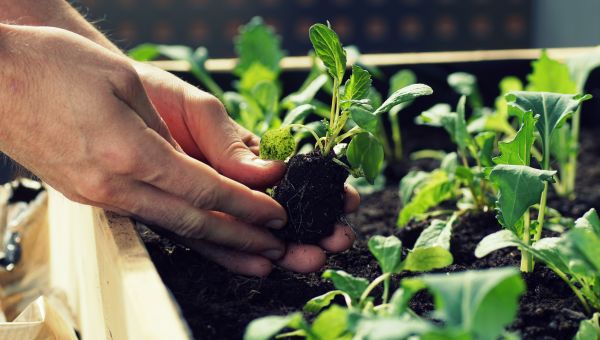
You don’t have to head to the grocery store or farmer’s market for delicious, fresh produce this summer. Just make a trip to your backyard. Growing your own vegetables and herbs has its perks. Aside from saving you money, gardening can help you lose weight, lower your risk of heart attack and stroke and motivate your children to eat healthier. What’s even better: You don’t need a green thumb. Any gardening newbie can be successful with these five easy-to-grow foods.
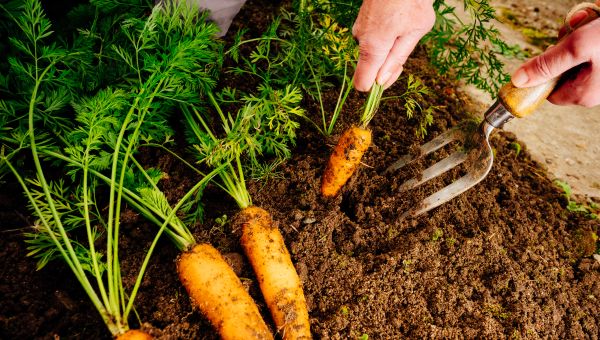
Carrots
Carrots are another great go-to gardening vegetable. They grow best in temperatures from 40 to 85 degrees F – quite a range! Carrots are known for their role in eye health, but that’s not all. These bright orange vegetables support skin health, bolster your immune system, help you live longer and have been found to lower the risk of breast cancer.
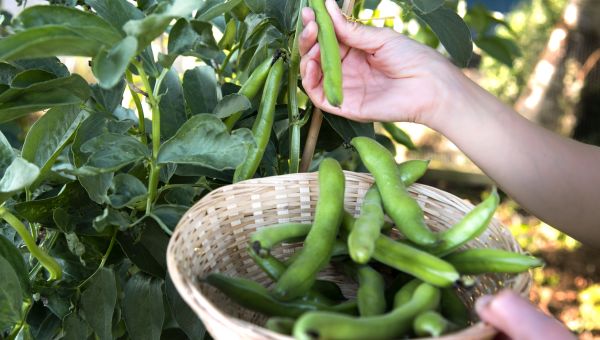
Green Beans
Green beans give you a big return for minimal investment. The large seeds are easy to plant and grow very quickly. Bush beans are especially easy and give you ample harvest. Pole beans take up even less space in the garden and offer a longer season of productivity. No matter the variety, green beans are full of vitamin C, which helps reduce high blood pressure, prevent cataracts, improve lung function and more. Try them in this green bean recipe.
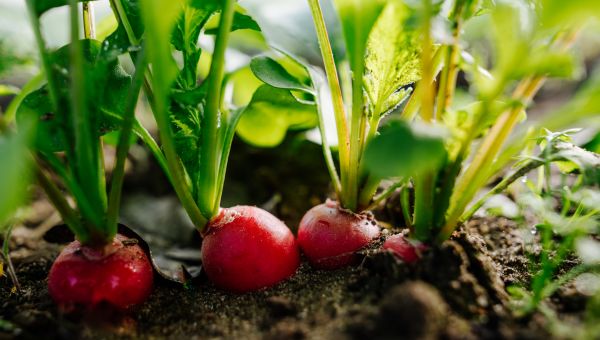
Radishes
Radishes are some of the easiest vegetables to grow. The ideal temperature is between 60 to 65 degrees F and the plants mature in just 18 to 45 days. That’s fast! Radishes grow best with full sun to light shade and well-drained soil. All varieties of radishes are very low in calories and are a good source of both vitamin C and calcium – so don’t just use them for garnish. Make this delicious radish wreath with cumin goat cheese appetizer.
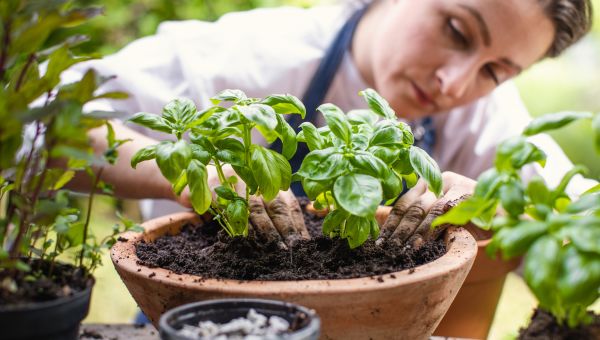
Basil
When you get basil from the grocery store, it typically comes in a large bunch. And unless you’re cooking for a crowd, chances are a lot of that basil is going to spoil. When you grow your own, however, you won’t have that problem. Just plant basil seeds directly in the soil in a full-sun area. When the leaves get to a good size you can break them off and use them whenever you want. Use basil to season chicken breast or add basil to a broth.
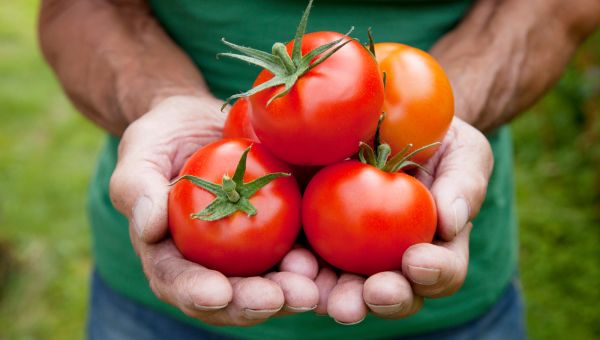
Tomatoes
No store-bought tomato can compare to a perfectly ripe one plucked fresh from your garden. That could be why tomatoes are the most widely grown vegetables in American gardens. All they need is a little water and 6-8 hours of sun a day. You don’t even have to start with seeds. It’s easy to buy a starter plant and add it to your garden. Tomatoes are most famous for their high content of lycopene, a powerful antioxidant. Studies have found that tomatoes can protect against certain forms of cancer, heart disease and high cholesterol.
More On


video

article

slideshow


video


video
